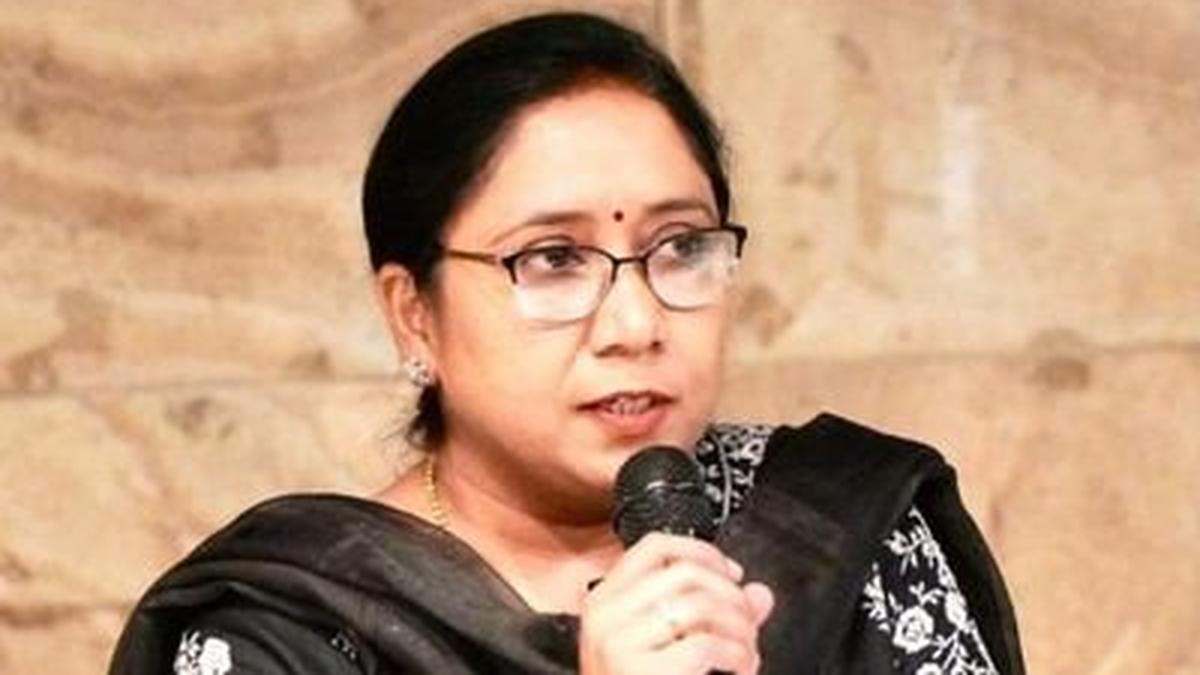Now Reading: Punjab Orders DNA Tests to Verify Child Beggars’ Family Ties
-
01
Punjab Orders DNA Tests to Verify Child Beggars’ Family Ties
Punjab Orders DNA Tests to Verify Child Beggars’ Family Ties

Speedy Summary:
- Punjab Government directed all Deputy Commissioners (DCs) to conduct DNA tests on children found begging with adults on streets to verify their relationship.
- Social Security, Women and Child Development Minister Baljit Kaur stated children will stay in child care institutions under child welfare committees’ supervision until DNA test results are available.
- Strict action will follow if the tests confirm no familial relationship between the child and accompanying adult.
- The initiative is part of the project Jeewanjyot-2, aimed at combating child trafficking and exploitation for begging.
- Child welfare committees will identify cases where relationships appear suspicious,referring them to DCs for investigation and possible testing.
- Last month, directions were issued to declare districts as ‘beggar-free’ zones with regular monitoring efforts launched by DCs.
- Proposed amendments to the Punjab Prevention of Beggary Act (1971) include stricter punishments targeting those forcing children into begging.
80/20250625106L.jpg”>Image 2: Jeewanjyot Initiative
Read more: The Hindu Article
Indian Opinion Analysis:
The Punjab Government’s initiative represents a proactive approach towards curbing organized child trafficking disguised as begging. The use of DNA testing underscores its focus on factual verification while also placing emphasis on temporary rehabilitation through childcare institutions. However, implementation success hinges significantly on maintaining operational transparency in both testing procedures and decision-making within child welfare committees.
amendments proposed for stricter penalties signal a long-term systemic effort against exploitation but may require detailed execution plans to address possible legal and ethical concerns regarding enforcement mechanisms. Additionally, broader socio-economic conditions that contribute to widespread begging might need simultaneous attention-ensuring initiatives can target root causes effectively alongside punitive measures.






















